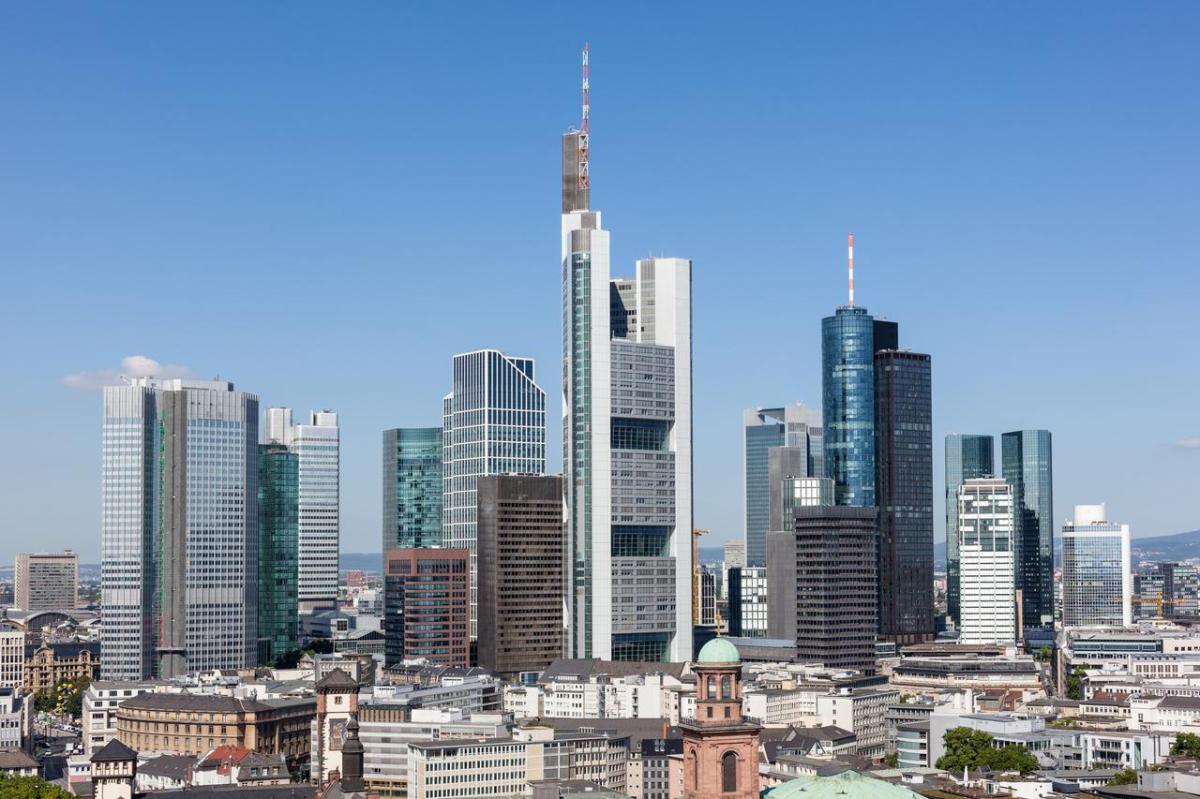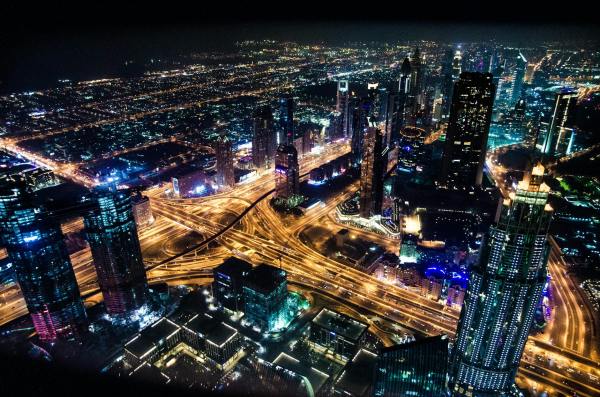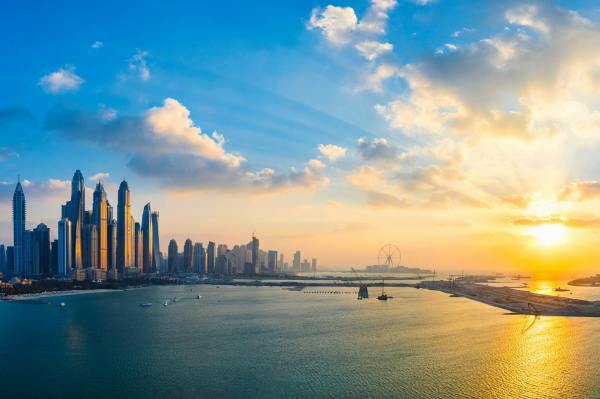Each year, the IMD (International Institute for Management Development), an independent academic institution for business leaders, produces the IMD Smart City Index, the world’s leading ranking of the cities that are adopting a sustainable, efficient and inter-connected model of the future for the benefit of their inhabitants.
These are the top ten smart cities in the world
On this occasion we’re going to focus on the ten smartest cities in the world according to this index and how they’ve managed to achieve their status:
01 Singapore
According to the IMD, Singapore was the most competitive economy in the world in 2019. Moreover, thanks to the measures put in place by its government to attract Foreign Direct Investment (FDI), tax incentives and its status as the only Asian country with an AAA credit rating, its attractiveness for trade is increasing. In 2020, nineteen billion dollars of public funds were assigned to R&D. Similarly, since 2008, Singapore has introduced legislation to make buildings sustainable and it will seek to have over 700 kilometres of lanes for transit by 2025.
A practical example of why Singapore leads the ranking of smart cities is its network of sensors distributed throughout the city to monitor energy consumption, waste generation and consumption of both drinking and wastewater, all in real time. It also offers remote medical assistance in homes thanks to an app designed for people with reduced mobility and chronic illnesses. This allows for constant monitoring of the patients. It has also developed smart security systems that have been successful in reducing crime in recent years.
02 Zurich
For many years Zurich has acknowledged the importance of green spaces for the quality of life of its citizens; a 125-year-old law stipulates that at least 30% of its forests should be preserved intact. More recently, in 1990, the Swiss capital, together with Amsterdam, signed The Great Compromise, a set of initiatives to improve mobility, such as limiting the number of cars in the city centre, investing in the use of bicycles and building fully pedestrian streets. Increasing use of renewable energies, raising citizens’ awareness of good practices to help the ecosystem and promoting sustainable public transport make Zurich worthy of second place in the Smart Cities ranking. In fact, interconnected electricity, cooling and heating circuits controlled by a smart management system have been installed in several buildings since 2015. There has been a reduction in CO₂ emissions as a result.
03 Oslo
Water plays an undisputed starring role in Oslo’s third position in the ranking. The Norwegian capital is surrounded by the Marka Forest and the Oslo Fjord. These are connected by waterways, but this hasn’t always been the case. In fact, they were covered and enclosed in underground pipes in the 1990s. However: three kilometres of these waterways have been re-opened over the last decade. Besides, 56% of transport is based on renewable energy sources, the city’s bin lorries run on biogas and there are hundreds of kilometres of bicycle lanes.
04 Taipei
Taiwan’s capital hosted the 2022 Smart City Summit & Expo, an example of Taipei’s rise as a model smart city. It’s achieved this thanks to Big Data (the real-time collection of citizens’ habits and customs for the development of tools to improve their quality of life) and the rapprochement between the urban and rural worlds by means of technological innovation. The Government has also developed an application to provide citizens with a wide range of public services that they can access wherever they are.
05 Lausanne
The second Swiss city to join the list of the world’s top ten smart cities. Lausanne shows its muscles in areas such as education, health, recycling and green spaces. Moreover, its healthcare system, digital infrastructure and technological culture are rated highly. The city also pioneered the concept of the eco-community, namely buildings that take sustainability into account from the plan to the definitive construction.
06 Helsinki
Finland was one of the first countries in the world to put in place remote meters to record its citizens’ hourly electricity consumption, thus greatly facilitating its energy management. As for the provision of information on habits and customs, Helsinki’s citizens don’t hesitate to provide data to improve their quality of life.
One example of this citizen integration has been the development of a GPS app to help blind people to walk on the streets. Moreover, as in the case of Taipei, the Norwegian Government wishes to narrow the gap between cities and villages by means of the new technologies. For example, drones that can easily deliver resources such as medical supplies to remote villages are being tested. Elements such as 3D printing are also helping the city to incorporate more vegetation.
07 Copenhagen
One of the most favourable aspects of the development of smart cities is the cooperation between public and private services. The above, together with a philosophy of research into new technologies, has resulted in the Danish capital achieving seventh place. Its chief aspirations include becoming the first carbon neutral capital city by 2025. To achieve this, energy from urban waste is being produced and a large woodchip-fired power plant is under construction to replace a coal plant that generates 600 MW.
As in other smart cities on the list, access to citizens’ usage data has been key to the city’s sustainable development. Another measure in this city has been the creation, in the city with the same name, of EnergyLab Nordhavn, a sustainable technology laboratory that’s been undertaking efficient projects to reduce the carbon footprint for four years.
08 Geneva
The third Swiss city to appear in the ranking. The fact that Geneva is home to no fewer than 36 international organisations, including the WHO, has undoubtedly played its part in its government getting down to work on the efficiency of its public services and sustainability. 20% of Geneva is taken up by parks and green spaces, overall energy consumption in buildings fell by up to 10% between 2010 and 2017 and CO₂ emissions went down by 30%, due to the installation of photovoltaic panels on public buildings.
More data to endorse its eighth position: energy consumption per inhabitant fell by 25% in eight years (2009-2017) and the city avoids or even bans the use of plant protection products for the vegetation. Use of public transport has also been promoted and there were 150 km of cycle lanes in 2020.
09 Auckland
A partnership between the SPARK local telecommunications service and Auckland Transport has resulted in the construction of IoT infrastructure in the Wynyard Quarter that enables the remote dimming of building lights, solar-powered smart benches with charging stations for mobile phones, electric bicycles and scooters, parking sensors and smart rubbish bins that emit an alert when maintenance is required.
10 Bilbao
Bilbao, the capital of Vizcaya, is the only Spanish city worthy of appearing in the ranking of the top ten smart cities in the world. It’s achieved the above by scoring highly in areas such as public transport, green spaces, the provision of medical services and so on. In 2019, as an example of a smart city, Bilbao launched a municipal project linking municipal buildings to high-speed fibre based on a public Wi-Fi network system that is expected to evolve further in the next two years.
In short, the development of ICT is vital if a conventional city is to acquire the prestigious status of a smart city. Public and private investment is crucial, as well as the collaboration of its citizens. A prosperous future for our children depends on all these factors.











